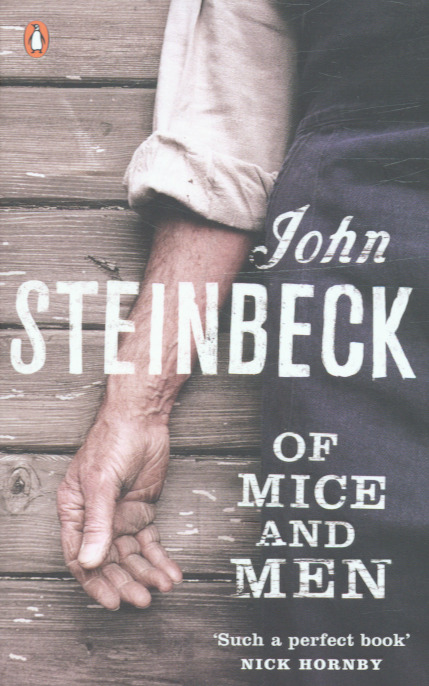Before we get into the main issues, I would like to point out that the furthest qualification I have in English Literature is a GCSE, much unlike Gove’s Oxford degree in the subject. However, as you may tell by this blog, I am an avid reader, and off my own back I have read Shakespeare to Austen to Orwell.
I didn’t study any American Literature during GCSE English GCSE, living out Gove’s dream. I read Romeo and Juliette, An Inspector Calls, Jane Eyre, and Lord of the Flies. I did not enjoy any of them, yet this is the proposed syllabus Gove is insisting upon. Meanwhile, I watched other classes study Of Mice and Men and To Kill a Mockingbird and discuss how interesting they found the story, which resulted me in picking up the books myself.
 To Kill a Mockingbird was an extremely important book for me personally. It was the first book I had read which really tackled race in a real world setting, and although it wasn’t a true story, I knew it reflected the attitudes of the time. I remember having to Google the significance and symbolism of the novel because I knew it had so much more to offer, and I really wish I had an opportunity to study it at school. Most importantly, I can’t think of a single British classic that deals with race in the same way. And that’s why a variety of books is important, as great as British Literature is, not everything is covered in the same way.
To Kill a Mockingbird was an extremely important book for me personally. It was the first book I had read which really tackled race in a real world setting, and although it wasn’t a true story, I knew it reflected the attitudes of the time. I remember having to Google the significance and symbolism of the novel because I knew it had so much more to offer, and I really wish I had an opportunity to study it at school. Most importantly, I can’t think of a single British classic that deals with race in the same way. And that’s why a variety of books is important, as great as British Literature is, not everything is covered in the same way.Michael Gove is out of touch with the current situation that the average student lives in. Not everyone is a privately-educated, Oxford-bound student. The vast majority of students need to be engaged with literature by letting teachers having a variety of choice to make the decision of what is the best book for their class to study. I knew people at school who didn’t even read the books at GCSE, getting grades off a mix of Sparknotes and highlighted quotes. Instead of talking about the 19th century, we need to be engaging teenagers with familiar themes that they can relate to, whether it be the inequality of the Deep South, or the financial turmoil faced in Steinback’s novel. A mad wife in the attic is the least of anyone’s concerns.


